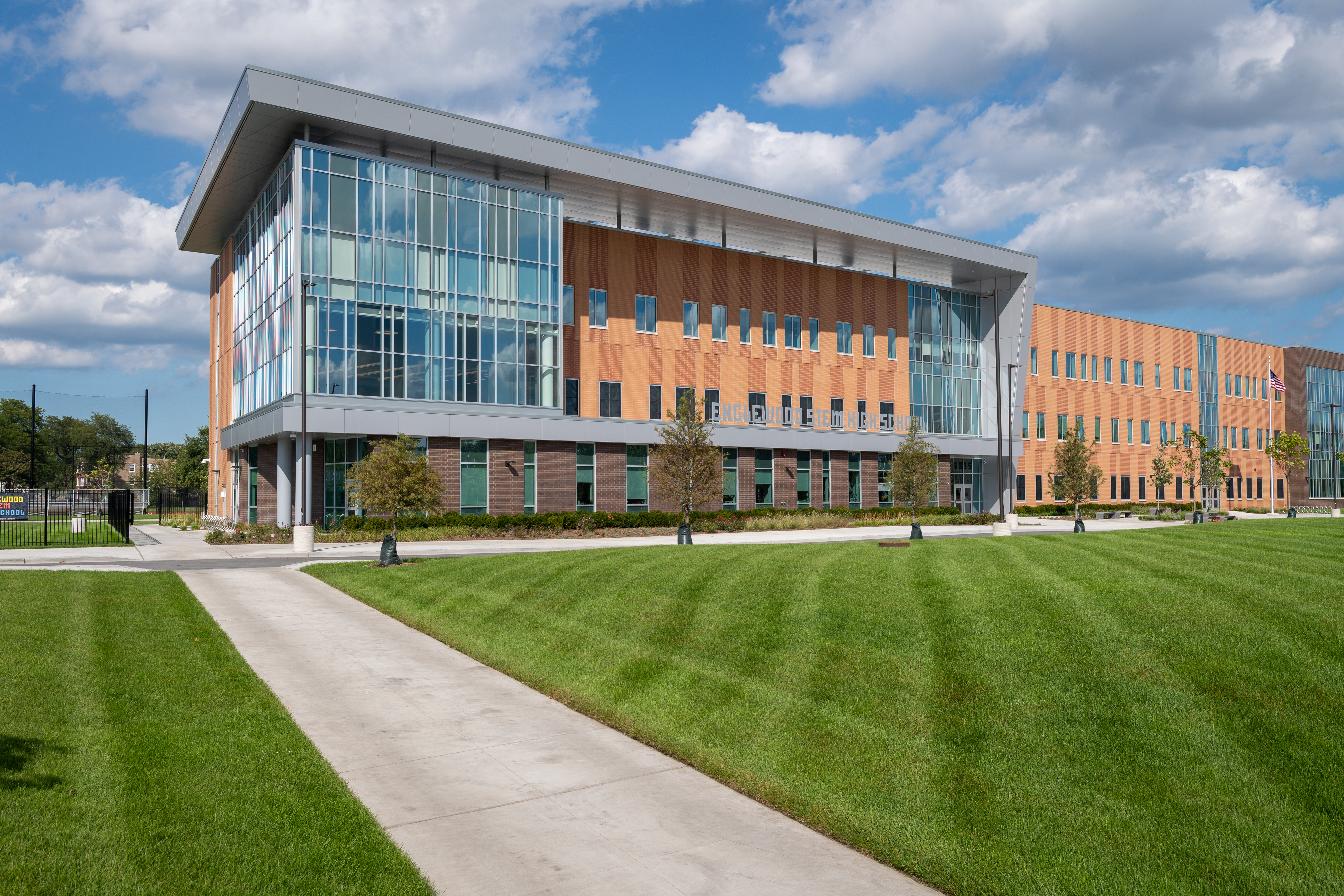Join the Motion to Save Temecula Schools: Neighborhood Activity Needed!
Wiki Article
The Impact of Institution Environments on Academic Success and Personal Well-Being
The college environment considerably affects both academic success and personal wellness, encompassing elements such as physical design, class ambience, and interpersonal dynamics. The layout of educational rooms, consisting of natural lighting and ergonomic furnishings, can boost students' focus and comfort. Moreover, the top quality of teacher-student partnerships and the nature of peer communications play critical roles in cultivating an atmosphere for finding out and psychological support. Recognizing just how these different elements interaction to shape pupil end results increases vital inquiries about enhancing instructional setups for holistic advancement. Just how can institutions tactically boost these elements to better support their pupils?Physical Format and Layout
Just how does the physical layout and design of a school influence scholastic success? The arrangement and visual of an institution atmosphere can dramatically influence trainees' knowing outcomes. A properly designed school layout promotes convenience of movement, minimizes disturbances, and cultivates a feeling of safety and security and belonging. As an example, broad passages and plainly marked locations promote smooth transitions between classes, lessening lateness and disruption. Furthermore, strategically put usual areas encourage social interactions, which are important for psychological and social development.All-natural illumination and effective air flow systems are crucial in enhancing cognitive function and lowering absence. Researches have actually revealed that classrooms with adequate natural light boost student focus and lower sensations of sleepiness. Additionally, ergonomic furnishings customized to trainees' requirements can stop physical discomfort, enabling extended emphasis and interaction in academic activities.
Access to outdoor spaces and aesthetically pleasing surroundings also play a vital role - Save Temecula Schools. Environment-friendly rooms and well-maintained institution premises provide chances for physical workout and psychological leisure, both of which are essential for maintaining high degrees of scholastic performance. Fundamentally, an attentively developed physical atmosphere can act as a stimulant for academic quality, promoting an atmosphere that sustains both training and knowing
Class Environment
An environment that cultivates a feeling of safety and security, inclusivity, and common respect urges trainees to engage even more actively in their learning processes. The ambiance of a class, consisting of aspects such as illumination, noise levels, and seating plans, can substantially impact student focus and motivation.Moreover, the classroom environment must support a culture of collaboration and open interaction. When pupils feel comfortable revealing their ideas and asking concerns, they are much more most likely to involve deeply with the material and create vital thinking skills - Save Temecula Schools. Peer interactions and group tasks can improve learning by supplying diverse viewpoints and cultivating team effort
Moreover, developing clear expectations and regular regimens can develop a structured setting that allows students to focus on their studies. By lessening unpredictability and supplying a foreseeable framework, trainees can much better handle their time and responsibilities. Ultimately, a positive class environment not just improves scholastic efficiency however likewise contributes to the overall health of trainees, preparing them for future academic and individual ventures.
Teacher-Student Relationships
Building on the significance of a positive classroom environment, the partnerships between instructors and trainees play a pivotal function in shaping academic success. A healthy and balanced teacher-student partnership cultivates a discovering setting where pupils really feel valued, comprehended, and sustained, which substantially improves their inspiration and interaction. When trainees regard their educators as friendly and empathetic, they are most likely to get involved proactively in course and seek help when required, adding to a deeper understanding of the subject matter.
This count on allows students to share their ideas and problems openly, promoting a collaborative knowing environment. In essence, strong teacher-student connections are a foundation of academic success, playing an important role in both academic success and individual advancement.
Peer Interactions
Peer communications dramatically affect academic success by forming a student's social and cognitive advancement. Positive peer interactions can improve a trainee's motivation and engagement in scholastic activities through collective knowing and mutual assistance.
Efficient internet peer communications additionally you could check here add to the advancement of vital life abilities, such as problem, interaction, and teamwork resolution. These social proficiencies are crucial for both scholastic success and individual well-being, underscoring the importance of cultivating favorable peer characteristics within the school environment.
Extracurricular Activities
Involving in extracurricular tasks plays a critical duty in a pupil's academic success and individual growth. Research study continually suggests that students that participate in extracurricular tasks have a tendency to attain higher scholastic efficiency.Additionally, extracurricular participation cultivates a feeling of belonging and area, which is vital for personal health. Taking part in team tasks enables trainees to build and reinforce social media networks, boosting their social and emotional knowledge. These communications are important for establishing social skills that are helpful in both academic and future specialist environments.
Additionally, extracurricular tasks supply a positive electrical outlet for trainees to discover their passions and passions beyond the standard curriculum. This exploration can bring about the discovery of new talents and prospective occupation paths, better encouraging pupils to engage more deeply in their scholastic job. Finally, the function of extracurricular tasks extends past simple entertainment; they are integral to fostering an all natural instructional experience that promotes both academic success and individual development.
Final Thought
Thoughtfully developed physical layouts and classrooms, along with positive teacher-student partnerships and positive peer interactions, dramatically improve student inspiration and involvement. These components collectively highlight the importance of developing and keeping optimal college settings for the benefit of pupils' individual and scholastic growth.Ultimately, a positive class atmosphere not only enhances academic efficiency yet also adds to the general wellness of pupils, preparing them for future academic and individual undertakings.

Report this wiki page